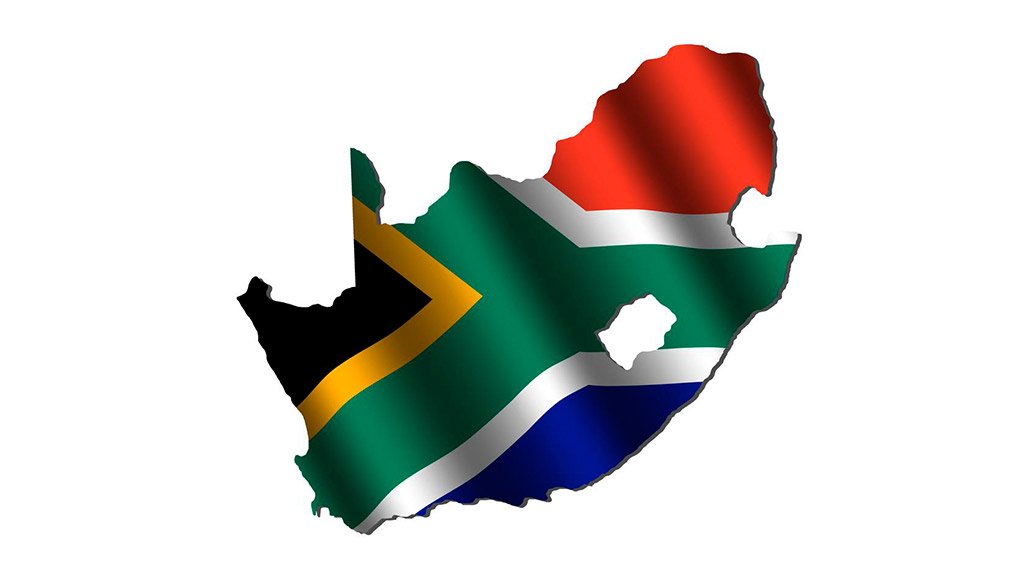/ MEDIA STATEMENT / The content on this page is not written by Polity.org.za, but is supplied by third parties. This content does not constitute news reporting by Polity.org.za.
In implementing local content regulations, government cannot legally force private sector to procure locally produced goods. This was said by the Chief Director for Industrial Procurement at the Department of Trade and Industry (the dti) Dr Tebogo Makube. He was speaking at the Economic Policy Dialogue session held at the IDC in Sandton. Makube said according to international trade law, especially, the World Trade Organisation’s (WTO): Trade Related Investment Measures (TRIMS), government cannot legally force private sector to procure locally produced goods.
“That is the reason why in South Africa, there is a Local Procurement Accord at NEDLAC, in which social partners (Government, Business and Labour) have committed themselves to procure locally manufactured goods and increase aggregate demand and supply in the economy”, said Dr Makube.
According to Dr Makube, government has designated more than 15 products since the promulgation of the amended regulations of the Preferential Procurement Policy Framework Act (PPPFA) in 2011. The regulations give the dti power to designate products, sectors and sub-sectors for local production in the public sector procurement system. The focus is on re-industrialising the South African economy and creating much needed jobs. Some of the products designated include the rail rolling targeting the recapitalisation of the rail fleet by Transnet and PRASA, busses targeting the fleet for the rapid bus transport routes currently being implemented by municipalities, clothing and textiles products, Solar Photovoltaic panels and solar water heaters for the green economy, energy savings and efficiency. Makube stated that designated products have a prescribed amount of local content which must be adhered to by suppliers to the organs of the state.
“Local content rules are applicable to all spheres of government, including state owned companies. From the supply side through supplier development programmes, the intention is to develop South African suppliers and link them to supply and value chains of global Original Equipment Manufacturers (OEMs), especially using rail and energy investments as anchors. This is done through manufacturing incentives, investment facilitation, market participation through procurement contracts, capability, capacity and competitiveness development”, indicated Dr Makube.
Localisation helps to increase the skill base of South African workers, especially in areas where there is a national scarcity of skills, as well leveraging procurement spend to foster industrial and competitive capabilities in the South African economy. Dr Makube highlighted that the dti, working with other government departments was refining charters, implementing the Black Industrialist Programme and Codes of Good Practice for B-BBEE to maximise local participation in the economy. All the aforementioned levers are interrelated maximisation of local economic spill-overs.
Speaking at the same event, the CEO of Fresh Thinking Capital, Dr Roseline Ntshingila-Khosa said research indicated that Brazil was one of the countries which stood out when coming to their institutional arrangements to support local procurement in the oil and gas sectors. She said the country had an arrangement with Universities to do research and development to ensure that their targets are met.
A senior researcher at the South African Clothing and Textile Workers Union (SACTWU) Mr Simon Eppel said the trade union was working with government to ensure that targets were met. He added that the union had developed a system to assist companies in the clothing and textile sector to get tenders and request for quotations in order for them to tender for such contracts
Eppel highlighted that the clothing and textile industry, which is designated at 100% for local production, was labour intensive and employing over 80% women and if the industry was to work, a great number of jobs would be created.
The dialogue session was attended by representatives from business, academia, government, Members of Parliament, State Owned Enterprises as well as labour. This was the first step in opening the debate on local content and procurement in terms of government’s intervention in this domain. The next step will be the proposed colloquium which is scheduled for 16-17 August 2016.
Issued by the Department of Trade and Industry
EMAIL THIS ARTICLE SAVE THIS ARTICLE
To subscribe email subscriptions@creamermedia.co.za or click here
To advertise email advertising@creamermedia.co.za or click here











